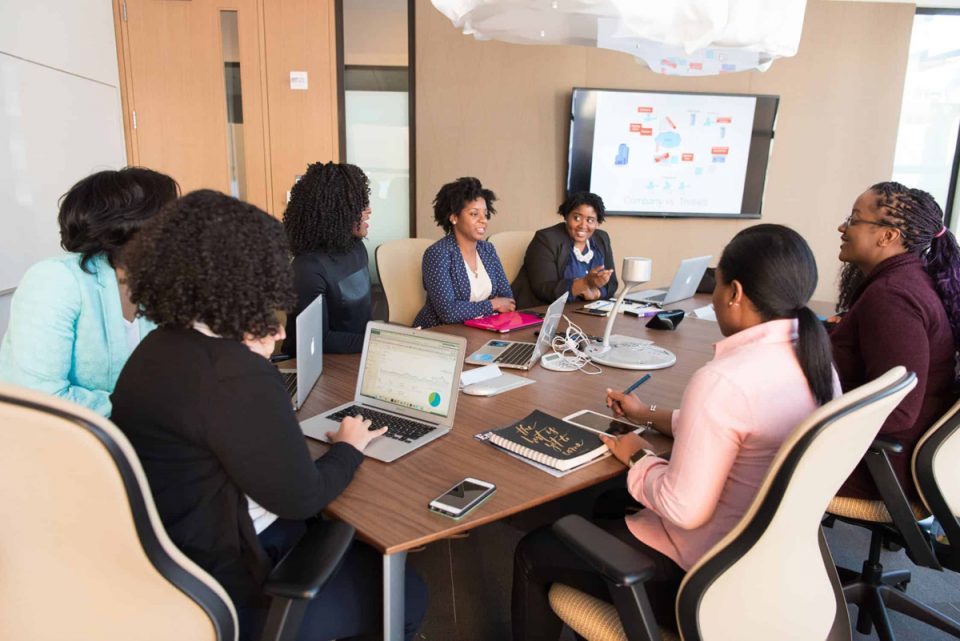It is a well-established fact that Africa has the highest rate of entrepreneurship globally. Even more, the continent is home to more women entrepreneurs than anywhere in the world. Yet, women entrepreneurs have not been able to hack fundraising. Let’s consider what the Big Deal report says on the amount of funds secured by women-led startups in 2021.
According to the report, 2021 saw less than one percent (0.95 per cent) of all the investment raised by African startups go to female single founders and all-female founders teams. On the other side of the spectrum, startups with males and females on the founding team raised 18 per cent, leaving male single founders and all-male founders teams to rake in 81 per cent of total funding.
In 2021, Briter Bridges published its analysis on 1,112 companies in Africa that have received venture capital funding with a total of $1.7bn within a period of eight years – between 2013 and May 2021. The report showed that 75 per cent of the 1,112 companies had all-male teams, nine per cent all-female teams, and 14 per cent had a mix of male and female founders. Out of these figures, only three per cent of the $1.7bn went to all-female founding teams, with 76 per cent going to all-male teams. Whichever direction you look at it from, there is a huge gender disparity in terms of funding and women founders draw the short end of the straw.
Africa is by no means the only continent where funding for women is in short supply. It’s almost common knowledge that women entrepreneurs worldwide have a more difficult time raising money than men. Yet, women seek out entrepreneurship. Is it the excitement of building something lasting from scratch? Is it the allure of being financially independent? Is it a commitment to building generational wealth that frees ones’ children to live out their wildest dreams? Or is it simply a matter of necessity? I think that the last option will resonate with women more than men.
In traditional African society, women are beheld as homemakers and caretakers of the family. This is such a rigid categorization of women because, like men, women are capable of wearing many hats not only as guardians of the home but as income providers and wealth creators.
Though Sub-Saharan Africa has the highest number of women entrepreneurs, they are generally involved in selling items and delivering services as part of the workforce. This has resulted in over-representation in petty-trading, hospitality, and retailing businesses and a notable absence of women in the finance, construction and manufacturing sectors. For example, data from Briter Bridges’ “In Search of Equity: Exploring Africa’s Gender Gap in Startup Financing” lends credence to the fact that women founders gravitate towards sub-sectors like edtech, and health tech, two areas that receive notably less investment overall compared to fintech.
As much as Fintech has disrupted the tech industry, a lot remains to be done in terms of diversity. Women still find it hard to get a seat at the “big boys’ table”. Several factors contribute to this including the societal construct of the female gender, lack of access to finance, and lack of education among others.
In many parts of Africa, female-led ventures are micro and small businesses with little or no growth expectation because they are, for the most part, one-woman enterprises catering to consumers.
In view of this reality, investors can support women entrepreneurs by shrinking investment sizes to accommodate the different sizes of women-led businesses. Smaller size investments packages will not only lower risks for investors but will also increase the chances of women entrepreneurs to access capital. A win-win for everyone involved.
As I mentioned earlier, most women embrace entrepreneurship to survive. For such women, eking out a living is a primary concern before growth or expansion. Hence, there needs to be more investment into supporting women entrepreneurs to build compelling business ideas, robust financial models, and business education and leadership skills.
In addition to the funding gap, there remains a capability gap in running businesses, mostly due to lower levels of education and fewer business opportunities. African women have no shortage of good ideas; however, they need help to develop these into robust and executable plans.
In my years as an entrepreneur, I have experienced my fair share of rejection. One of the things holding people back from achieving their potential is a fear of rejection. Though it’s quite normal to want to avoid it, what I find abnormal is when people let the fear of rejection keep them from reaching their goals. This may sound like perspire to aspire quote, but I say that hearing a “no” is not and should not be the end of the world.
With these words, women entrepreneurs need to build their confidence and go after what they want be it capital, partnership or opportunities to scale their businesses so as to contribute to Africa’s economic growth.
Happy International Women’s Day!





Envoy warns Nigerians abroad against demeaning comments